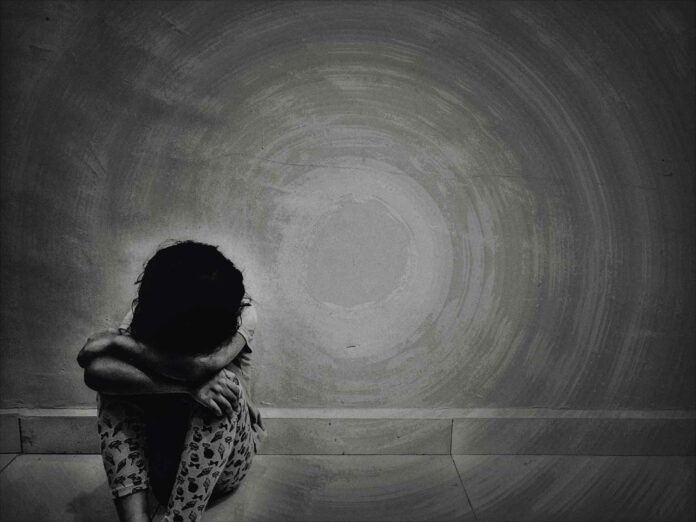1 in 3 UK Youth Face Abuse by 21, Reveals New Study. Research funded by the Medical Research Council highlights a ‘loneliness loop’ linking childhood trauma to intimate partner violence in early adulthood.
Young people face silence and isolation due to their traumatic experiences. The resulting loneliness makes them more susceptible to further abuse, including intimate partner violence.
The study found that psychological abuse is prevalent in all abusive relationships, with young women experiencing more sexual abuse than young men. The youth needed more precise information in schools on identifying misuse and improved access to specialized services.
Young people shared that having equal power dynamics with professionals, especially support workers, benefited them. Those who interacted with support workers had positive experiences, praising the quality of care and equality in their relationships. Recommendations include teaching recognition of psychological abuse in schools, responsive services from GP and counseling services for survivors, and providing trauma-informed training for staff in contact with young people.
Dr Maria Barnes, Research Fellow at the Centre for Academic Primary Care, University of Bristol, who interviewed the young people, said: “Professionals offering support to young people need appropriate trauma-informed training. This needs to include how to recognize abuse, especially controlling behaviors. They must also know about appropriate referral pathways to ensure that young people get the right information and support.”
Dr Annie Herbert, Sir Henry Wellcome Research Fellow at the MRC Integrative Epidemiology Unit, Bristol Medical School, who led the data analysis, added: “Schools are uniquely placed to teach young people how to identify what consists of either healthy or abusive relationships. Our interviews suggested that information in schools should be more inclusive of different sexual orientations, ethnicities, and disabilities.”
Sarah O’Leary, CEO of Next Link Domestic Abuse Service, emphasizes the importance of building respectful relationships with children and young people to prevent further abuse.
She advocates for collaborations between education, youth services, and domestic abuse organizations. O’Leary highlights the success of initiatives like the Home Office funded pilot ‘Children Affected By Domestic Abuse’ training in Bristol schools, emphasizing the need for early intervention and education on healthy relationships.
This UK study contributes crucial insights into the dynamics of intimate partner violence among young individuals, highlighting the importance of addressing the ‘loneliness loop’ to break the cycle of abuse. Early intervention and support are recommended to mitigate the risks and promote healthier relationships among the youth.
Journal reference:
- Barnes, M., Barter, C., Herbert, A. et al. Young People and Intimate Partner Violence: Experiences of Institutional Support and Services in England. Journal of Family Violence. DOI: 10.1007/s10896-023-00591-x.
- Herbert, A., Heron, J., Barnes, M. et al. Exploring the causal role of intimate partner violence and abuse on depressive symptoms in young adults: a population-based cohort study. BMC Medicine. DOI: 10.1186/s12916-021-02182-3.
- Barnes, M., Szilassy, E., Herbert, A. et al. Being silenced, loneliness and being heard: understanding pathways to intimate partner violence & abuse in young adults. a mixed-methods study. BMC Public Health. DOI: 10.1186/s12889-022-13990-4.
